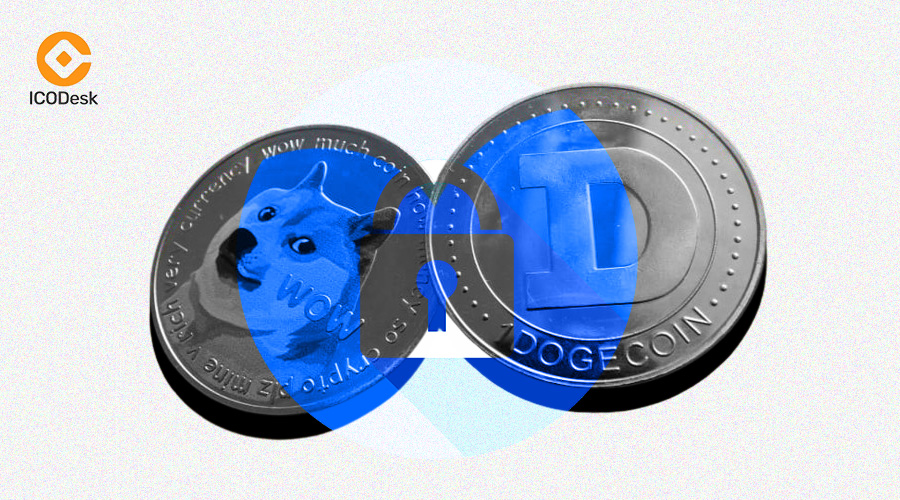Securing Your Dogecoin Investments: Best Practices for Robust DOGE Security In 2023
Dogecoin, originally created as a lighthearted cryptocurrency, has gained substantial popularity in recent times. As more users invest in Dogecoin (DOGE), ensuring the security of your holdings becomes paramount. This article explores the best practices to safeguard your Dogecoin investments against potential threats.
Use Reliable Wallets:
Choose reputable wallets for storing your Dogecoin. Opt for hardware wallets or well-established software wallets with positive reviews. Avoid using online wallets that may be susceptible to hacking attempts.
Enable Two-Factor Authentication (2FA):
Enhance the security of your Dogecoin wallet by enabling two-factor authentication. This additional layer of protection requires a secondary verification step, usually a code sent to your mobile device, making it harder for unauthorized individuals to access your funds.
Regularly Update Your Wallet Software:
Stay vigilant and keep your wallet software up to date. Developers often release updates that include security enhancements. Regularly check for updates and apply them promptly to benefit from the latest security features.
Backup Your Wallet:
Create regular backups of your Dogecoin wallet. Store these backups in secure, offline locations to prevent loss due to hardware failures or unforeseen circumstances. A backup ensures you can recover your funds even if your primary wallet is compromised.
Exercise Caution with Online Services:
Be cautious when using online services or exchanges to trade Dogecoin. Only use reputable platforms with a history of security measures. Avoid sharing sensitive information, such as private keys, and use unique, strong passwords for your accounts.
Diversify Your Investments:
Consider diversifying your cryptocurrency portfolio, including Dogecoin. This strategy helps mitigate risks associated with the volatility of individual cryptocurrencies. Diversification can protect your overall investment from significant losses.
Educate Yourself on Phishing Attempts:
Stay informed about common phishing attempts targeting cryptocurrency users. Be wary of unsolicited emails, messages, or links asking for your private keys or personal information. Legitimate entities will never request such details through insecure channels.
Secure Your Devices:
Ensure the security of the devices you use to access your Dogecoin wallet. Use reputable antivirus and anti-malware software, and keep your operating system and applications updated. Avoid accessing your wallet on public computers or unsecured networks.
Monitor Your Transactions:
Regularly review your Dogecoin transactions to detect any unauthorized or suspicious activity. Promptly address any discrepancies or unfamiliar transactions by taking appropriate security measures or reporting issues to your wallet provider.
Stay Informed About Security Threats:
Keep yourself informed about the latest security threats and vulnerabilities in the cryptocurrency space. Following reliable cryptocurrency news sources and community forums can help you stay ahead of potential risks.
Conclusion:
Protecting your Dogecoin investments requires a proactive approach to security. By implementing these best practices and staying vigilant, you can significantly reduce the risk of falling victim to security threats and enjoy a more secure experience with your Dogecoin holdings.















